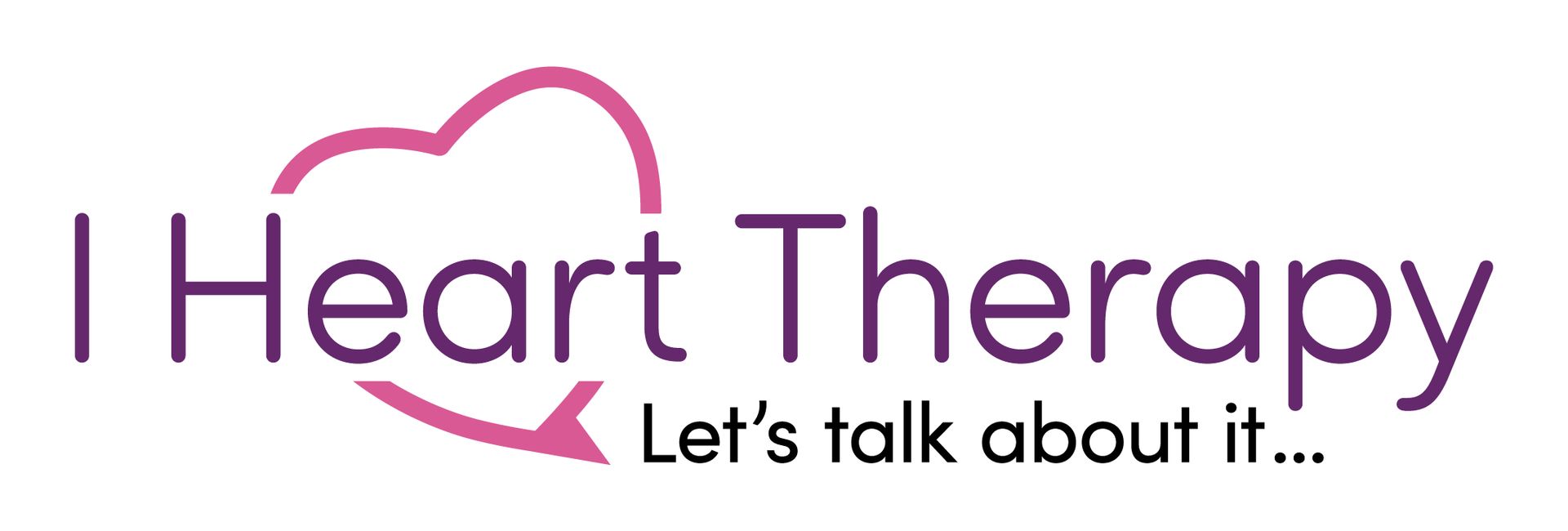The Role of Gratitude in Mental Wellness
In the fast-paced world we live in, it’s easy to focus on what we lack rather than what we have. However, cultivating a practice of gratitude can significantly enhance your mental wellness, shifting your perspective from scarcity to abundance. Gratitude has been shown to improve mental health, reduce stress, and foster a more positive outlook on life. By making gratitude a daily habit, you can transform your mental and emotional well-being.
In this blog, we’ll explore the powerful role of gratitude in mental wellness, discussing how practicing gratitude daily can bring about positive changes in your life. We’ll also share practical tips on how to incorporate gratitude into your everyday routine.
1. How Gratitude Improves Mental Health
Gratitude is more than just saying "thank you"—it’s a mindset that recognizes and appreciates the good in life, even during challenging times. Research has shown that gratitude has a profound impact on mental health.
Key Benefits of Gratitude:
- Reduces Symptoms of Depression and Anxiety: Studies have found that people who regularly practice gratitude experience lower levels of depression and anxiety. Gratitude helps shift focus away from negative thoughts and feelings, replacing them with positive ones.
- Enhances Emotional Resilience: Gratitude increases emotional resilience by helping you maintain a positive outlook, even in difficult situations. It builds inner strength, enabling you to bounce back from adversity more quickly.
- Boosts Overall Happiness: Regularly expressing gratitude has been linked to higher levels of overall happiness and life satisfaction. It encourages a focus on positive experiences, leading to a greater sense of contentment.
Affirmation: "I practice gratitude daily, recognizing the abundance in my life."

2. The Stress-Reducing Power of Gratitude
Stress is a common part of modern life, but gratitude can be a powerful antidote. By focusing on what you’re thankful for, you can reduce stress and promote a sense of calm.
How Gratitude Reduces Stress:
- Shifts Focus: When you’re stressed, it’s easy to become fixated on what’s going wrong. Gratitude helps you shift your focus to what’s going right, which can alleviate stress and create a more balanced perspective.
- Promotes Mindfulness: Practicing gratitude encourages you to live in the present moment, appreciating the here and now rather than worrying about the future. This mindfulness reduces stress and enhances well-being.
- Releases Feel-Good Hormones: Expressing gratitude has been shown to release dopamine and serotonin, the "feel-good" hormones that reduce stress and promote feelings of happiness and relaxation.
Affirmation: "I choose to focus on the positive, letting gratitude guide me through stressful times."
3. Fostering a Positive Outlook Through Gratitude
A consistent practice of gratitude fosters a positive outlook on life. It trains your mind to look for the good, which in turn creates a more optimistic and hopeful perspective.
How Gratitude Fosters Positivity:
- Rewires the Brain: Neuroscience research suggests that regular gratitude practice can rewire your brain, making it more attuned to positive experiences and emotions.
- Encourages Optimism: Gratitude helps you focus on the positive aspects of your life, which naturally fosters a more optimistic outlook. It teaches you to see challenges as opportunities for growth rather than obstacles.
- Strengthens Relationships: Expressing gratitude in your relationships—whether with friends, family, or colleagues—can strengthen bonds and improve overall relationship satisfaction, contributing to a more positive social environment.
Affirmation: "I cultivate a positive outlook by appreciating the good in my life every day."

4. Practical Ways to Incorporate Gratitude into Your Daily Life
Incorporating gratitude into your daily life doesn’t have to be complicated. Simple, consistent practices can make a significant difference in your mental wellness.
Daily Gratitude Practices:
- Gratitude Journaling: Spend a few minutes each day writing down three things you’re grateful for. This practice helps reinforce a positive mindset and encourages you to reflect on the good in your life.
- Gratitude Meditation: During your meditation practice, focus on feelings of gratitude. Visualize the people, experiences, and things you’re thankful for, allowing these feelings to fill you with warmth and positivity.
- Express Gratitude to Others: Take time to express your appreciation to the people in your life. Whether it’s a thank-you note, a text message, or a face-to-face conversation, letting others know you’re grateful for them can strengthen your relationships and boost your mood.
Affirmation: "I express gratitude daily, knowing it enhances my mental wellness and brings joy to those around me."
The Transformative Power of Gratitude
Gratitude is a simple yet transformative practice that can significantly enhance your mental wellness. By reducing stress, improving mental health, and fostering a positive outlook, gratitude helps you navigate life’s challenges with greater ease and joy.
Start incorporating these gratitude practices into your daily routine and notice how they impact your mental and emotional well-being. Remember, gratitude is not just a feeling—it’s a practice that can transform your life.
Take Action: Affirmation for Today
"I practice gratitude daily, recognizing the abundance in my life and fostering a positive outlook that enhances my mental wellness."
Begin your gratitude journey today, and share your experiences with us! Follow us on social media for more tips and daily affirmations to support your mental wellness.
How To Cultivate Hope



